How A CX Process Added Revenue
In most CPG companies, product replacements are treated as a cost of doing business. For Ember, the manual replacement flow was straining CX resources and leaving untapped marketing and growth opportunities behind. By reengineering the replacement process with simple flows and digital incentives, the team reduced handling time by 80%, and turned a -$200K cost into $100K in net new revenue.
The Challenge
Ember’s original replacement flow required customers to message the CX team, who would then manually gather personal details, shipping addresses, warranty status, and payment info for out-of-warranty items. This led to:
5–10 minutes of agent time per ticket
Long resolution cycles
Limited engagement from customers who hadn’t purchased directly from the brand- and no opportunity to drive customers to the brand
The challenge was to streamline the process, reduce agent workload, and create a pathway to engage non-direct customers (gift recipients and retail buyers) with Ember’s DTC ecosystem.
The Strategy
The team conducted a full audit of the replacement experience—from CX agent touchpoints to customer drop-off points—and implemented a digitally enabled replacement system with the following core changes:
Fast Resolution
The CX team would assess warranty eligibility based on the customer’s first email. The initial form submitted would include a description of the customer’s problem and a photo of the serial number. That’s all that was needed to complete the transaction. Information they were already gathering.
Smart Promo Code Logic
In-warranty customers received a unique 100% off promo code to redeem their replacement directly on Ember’s website.
Out-of-warranty customers were offered 50% off promo codes, encouraging them to return for replacements at a subsidized rate.
DTC Conversion Opportunity
By routing all redemptions through the website, Ember introduced non-direct customers to its full product lineup. This opened the door for upsell opportunities, newsletter capture, and deeper engagement with the brand.
The Results
80% reduction in average CX handling time (from ~8 minutes to 2–3 minutes per ticket)
50% drop in replacement-related ticket volume
+5% increase in CSAT (Customer Satisfaction Score), reaching 98%
$300K total financial swing, turning a -$200K cost center into $100K in revenue
DTC funnel growth from customers who had previously only interacted via gifts or retail
Key Takeaways
Simplification + automation = better CX and lower cost
Smart promo routing creates new engagement pathways for non-DTC customers
Every operational pain point is a potential revenue opportunity when viewed through the right lens

